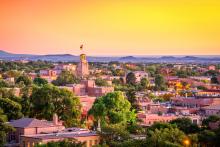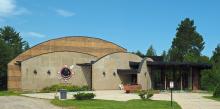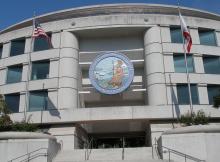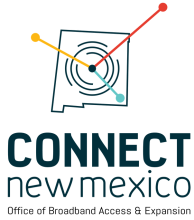
Indio, California has been awarded a $9 million state grant the city will use to expand affordable broadband access. The grant award was made possible by California’s $2 billion Last Mile Federal Funding Account Grant Program (FFA), part of a broader $6 billion California “Broadband For All” initiative aimed at bridging the digital divide in the Golden State.
According to Indio officials and the now-finalized CPUC award, Indio – an incorporated city located in Riverside County and home to 92,000 residents – will receive $8.9 million to deliver gigabit-capable fiber to 479 unserved locations and an estimated 3,632 unserved local residents.
“We are still in the design phase and should release an RFP within the next couple of months for the actual build,” Indio Director of Information Technology Ian Cozens told ILSR.
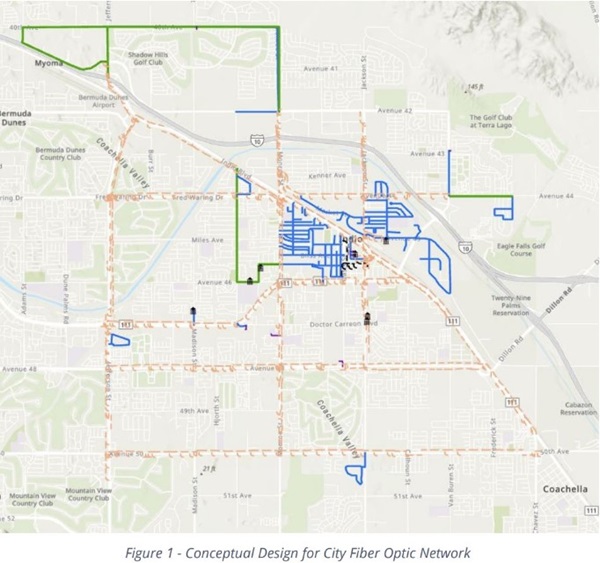
With 75 percent of the project’s initial target area classified as low-income, city leaders say residents can expect static pricing for at least ten years. The city will also ensure there’s a low-cost option for low-income families left adrift after House and Senate Republicans blocked the funding renewal of the federal Affordable Connectivity Program (ACP).
City officials, however, do not intend to stop there. The plan is to build a citywide fiber network, the full cost of which is estimated to be $35.2 million.
Only a quarter of that will be covered by existing federal grants, though additional aid may come via California’s $1.8 billion share of looming Broadband Equity And Deployment (BEAD) grants, made possible by the 2021 federal infrastructure bill. Those funds are expected to arrive sometime in 2025.
In late 2021 the city of Indio began partnering with Magellan advisors on a fiber expansion master plan. By 2022 the city had begun conducting community surveys showing broad dissatisfaction with the cost, speed, and availability of existing broadband service.
Indio last year also issued an RFP seeking a private partner to help manage the city-owned network, connect key government anchor institutions, and operate as the public-facing retail arm of the network.
“The RFP from last year was for a partner to manage the network/provide the services for the City of Indio,” Cozens said. “In other words, the partner would be the Internet service provider, we have not awarded the RFP but are currently in negotiations.”

All of Indio’s new fiber builds will connect, in turn, to the California middle-mile network, known as Golden State Net (“GSN”). That network was specifically funded to help reduce the costs for local efforts to extend access to underserved, unserved, or poorly served communities.
Indio is heavily dominated by a monopoly or duopoly of Charter Communications (Spectrum) cable broadband and Frontier DSL and fiber. As in so many U.S. communities, the lack of meaningful competition results in spotty coverage, slow speeds, high prices, reliability issues, and substandard customer service.
City leaders say the final effort to bring fiber to most of the city is expected to take 5-7 years to complete. Once done, the network will be the first municipally owned project in Coachella Valley, and the 24th municipal or tribal-owned broadband network in the state of California according to ILSR data.
Indio’s award was just one of five grants totaling $22.9 million awarded to Riverside County deployment projects during this latest FFA funding round, with additional grants expected. AT&T received nearly $12 million in funding for fiber expansion in the county, and Frontier received $2 million for its own deployment projects.

“This grant is a crucial step in ensuring that all residents of Indio, regardless of their location, have access to high-speed internet,” Indio Mayor Lupe Ramos Amith told area news outlet The Uken Report. “Expanding fiber connectivity to our underserved communities will empower residents with the tools they need to succeed in today’s digital world. We are grateful for the CPUC’s support in making this vision a reality.”
Inline image of Welcome sign courtesy of Wikimedia Commons, CC0 1.0 Universal Deed
Inline image of Trilogy Clubhouse aerial courtesy of Flickr User Decaseconds, Attribution-NonCommercial 2.0 Generic



